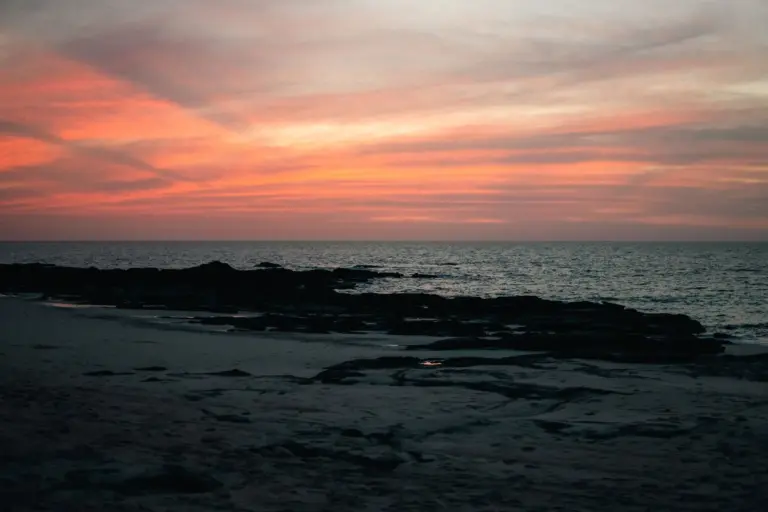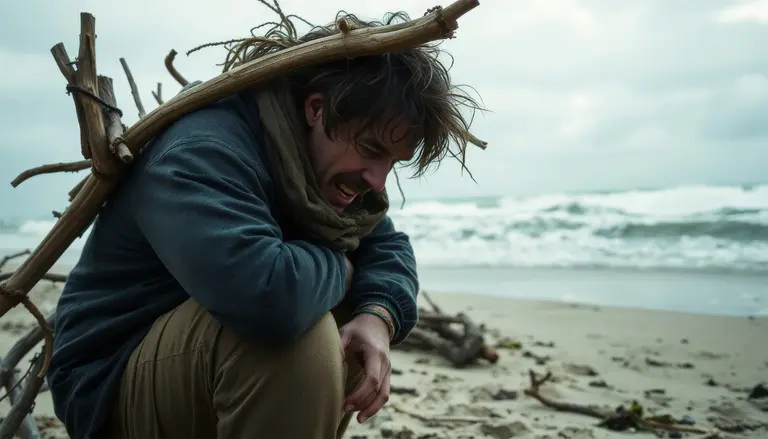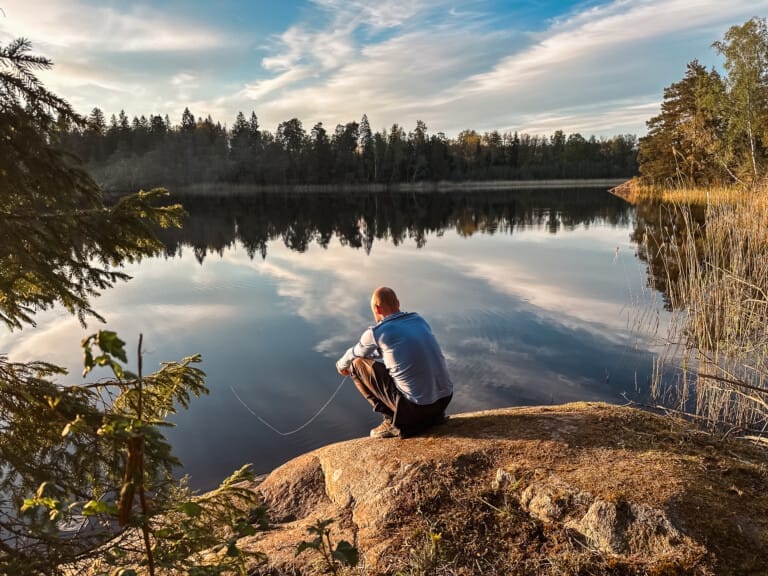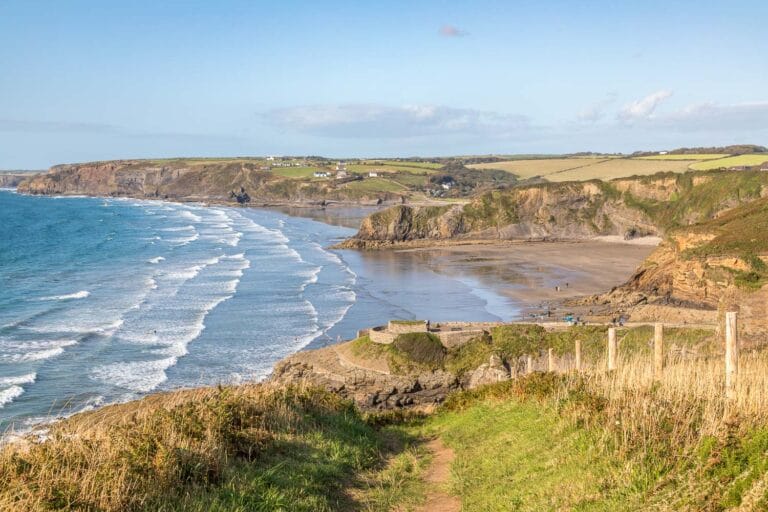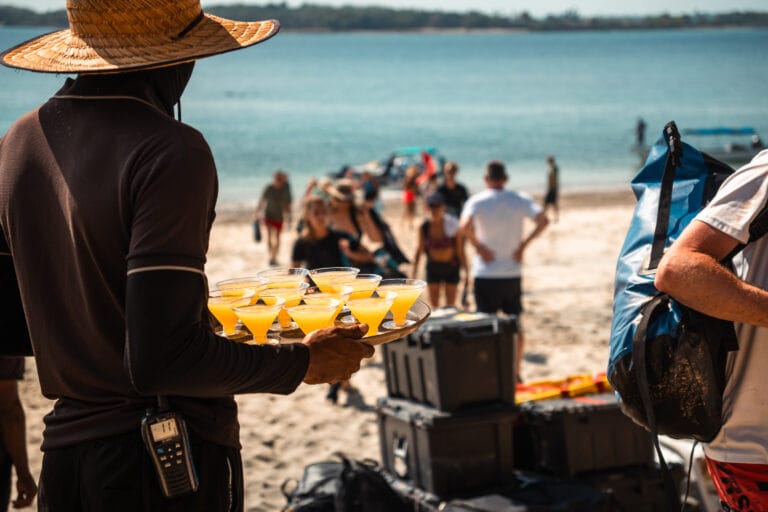Trusted by 1,000+ adventurers • 100% 5-star reviews
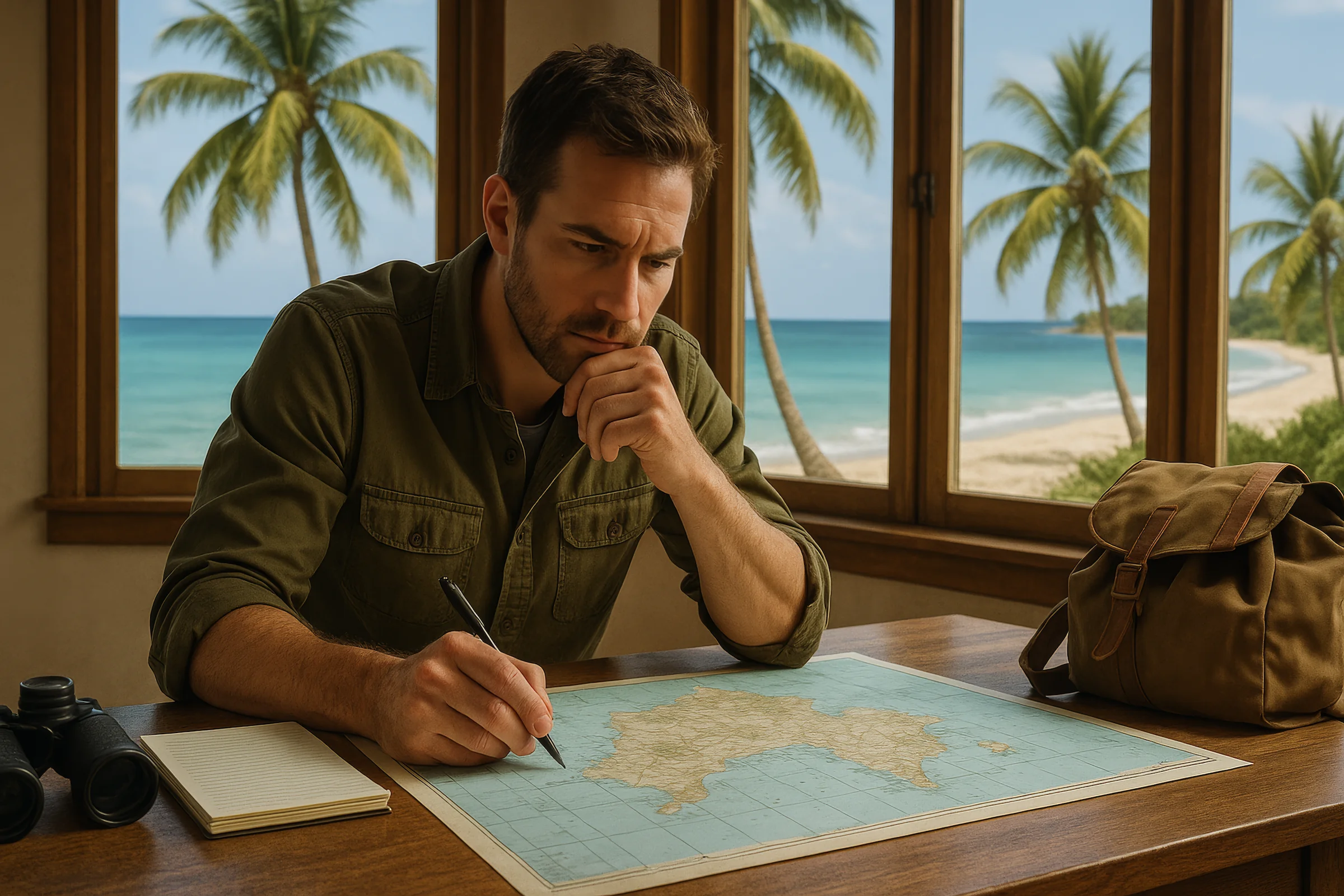
How to Know If You’re Ready for a Desert Island Survival Adventure
You’ve been hovering over the booking page for three weeks now. Maybe longer. The cursor hovers over “Reserve Your Spot” while your brain runs through every possible scenario where you fail spectacularly.
What if I can’t start a fire? What if I’m the weakest person in the group? What if I cant hack it and want to leave the island.
I know because I get this email every month or so. “This sounds amazing, but I don’t think I’m ready. Maybe next year when I’m in better shape / have more experience / feel more confident / have more time have more money”
Last month, I got this message from Sarah, a 34-year-old gym owner from Manchester: “I’ve never even been camping properly. The closest I’ve come to survival skills is using the emergency flashlight on my phone. Am I crazy for even considering this?“
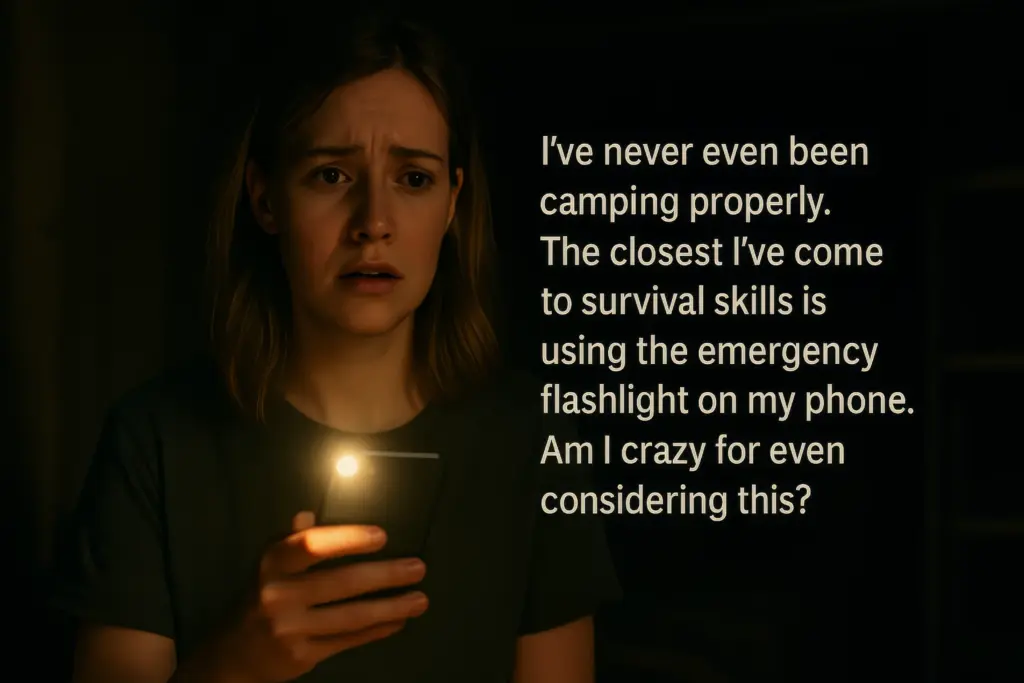
Six months later, Sarah was teaching her teenage nephew how to start a friction fire in their garden with the hibiscus bow drill set she brought home. Not because she’d become some wilderness expert, but because she wanted to share something about herself that work had buried so deep she’d forgotten it existed.
The question isn’t whether you’re ready. The question is whether you’re ready to strip everything back and see what you are truly capable of.
The Readiness Myth That Keeps You Stuck
Here’s what I’ve learned after guiding hundreds of people through their first survival experience: nobody feels ready. Not the Marine Corps veteran. Not the yoga instructor who can balance on one toe. Not the CEO who’s been running a multimillion dollar company for the past 20 years.
Readiness isn’t a feeling. It’s a decision.
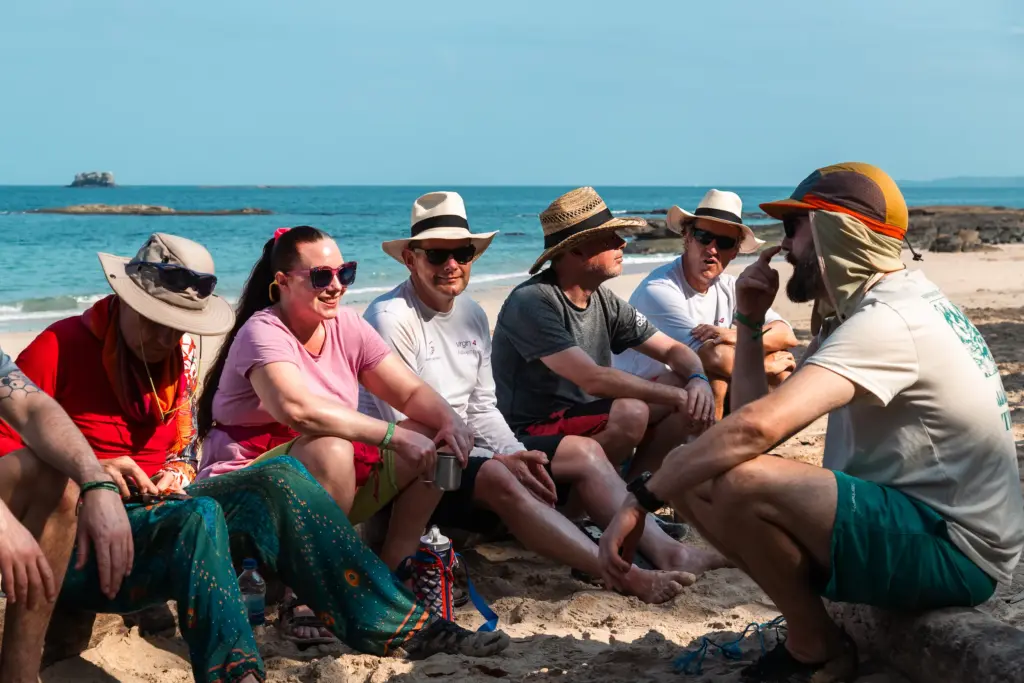
When I started leading these expeditions eight years ago, I thought the “right” participants would be obvious. Outdoorsy types. Athletes. Bushcraft enthusiasts. I was completely wrong.
Some of my most successful participants have been:
- A software engineer who’d never slept outdoors
- A nurse from New Zealand
- A 78 year old retiree from Stockport
- A hedge fund manager whose idea of survival was finding a Starbucks open past 9 PM
What they shared wasn’t experience. It was curiosity about their own capabilities and willingness to feel uncomfortable while finding out.
The wilderness doesn’t care about your resume. It responds to something deeper: your nervous system’s capacity to stay calm when your usual support systems disappear.
Why Self-Doubt Is Actually a Green Light
That voice in your head questioning whether you belong? That’s not your inadequacy speaking. That’s your intuition recognising something important is about to happen.
Psychologists call this “adaptive anxiety” — the nervous system’s way of preparing for significant challenges. Your brain knows that comfort zones are safe but growth zones are transformative. The doubt means you’re considering something that matters.
I’ve guided tech executives who run billion-dollar divisions, emergency responders who’ve seen everything, professional athletes whose bodies are finely tuned machines. They all had the same pre-expedition anxiety: What if I can’t do this?
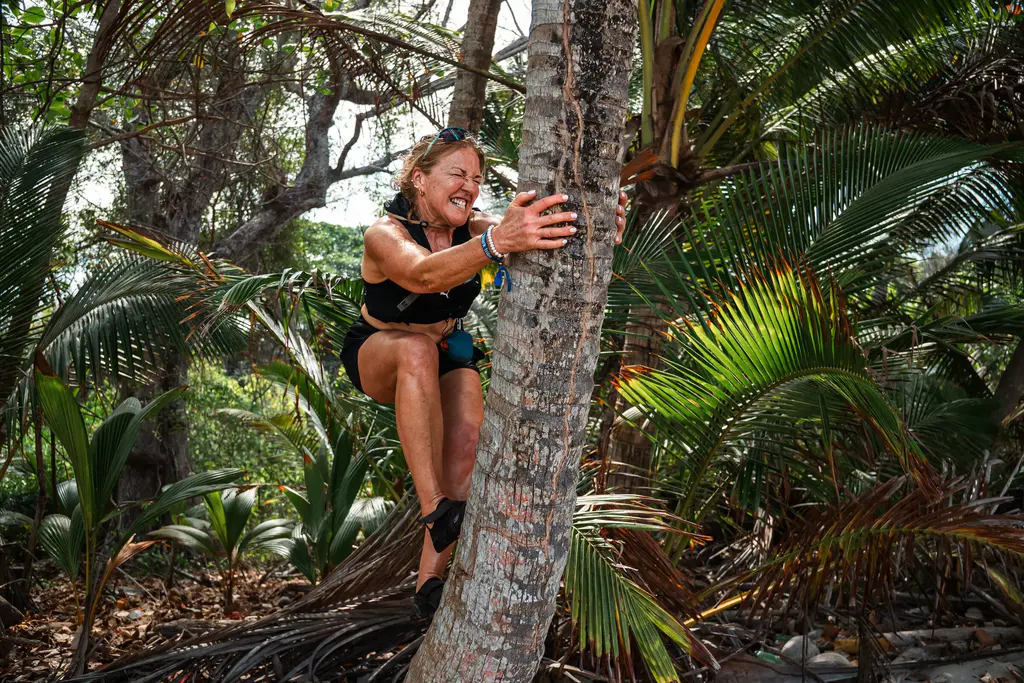
But here’s what the research on stress inoculation shows: people who voluntarily expose themselves to manageable challenges develop what scientists call “stress tolerance.” Not because they eliminate fear, but because they learn to function effectively while afraid.
The participants who worry most before arriving often transform most dramatically. Anxiety becomes the raw material for authentic confidence.
You Don’t Need Skills — You Need These Three Things
Forget everything you think you need to know. We’ll teach you fire-making, water procurement, shelter building, and food gathering. Those are techniques, not talents. They can be learned by anyone with functional hands and basic problem-solving ability.
What you can’t learn in advance — but must bring with you — are these three qualities:
Curiosity About Your Limits When the friction fire isn’t working after two hours of trying, will you keep experimenting or give up? When your shelter leaks during the night rain, will you problem-solve or just endure misery? Curiosity about what you’re capable of under pressure matters more than any outdoor experience.
Tolerance for Temporary Discomfort Not masochism. Not love of suffering. Just willingness to feel uncomfortable without immediately reaching for a solution. Modern life trains us to eliminate discomfort instantly — adjust the thermostat, order food delivery, buy whatever fixes the problem. The island requires a different relationship with inconvenience.
Openness to Having Your Assumptions Challenged You will discover that you need less than you think, can do more than you believe, and that your body contains solutions your mind never considered. This cognitive flexibility — the ability to revise your self-concept based on new evidence — determines how much you’ll gain from the experience.
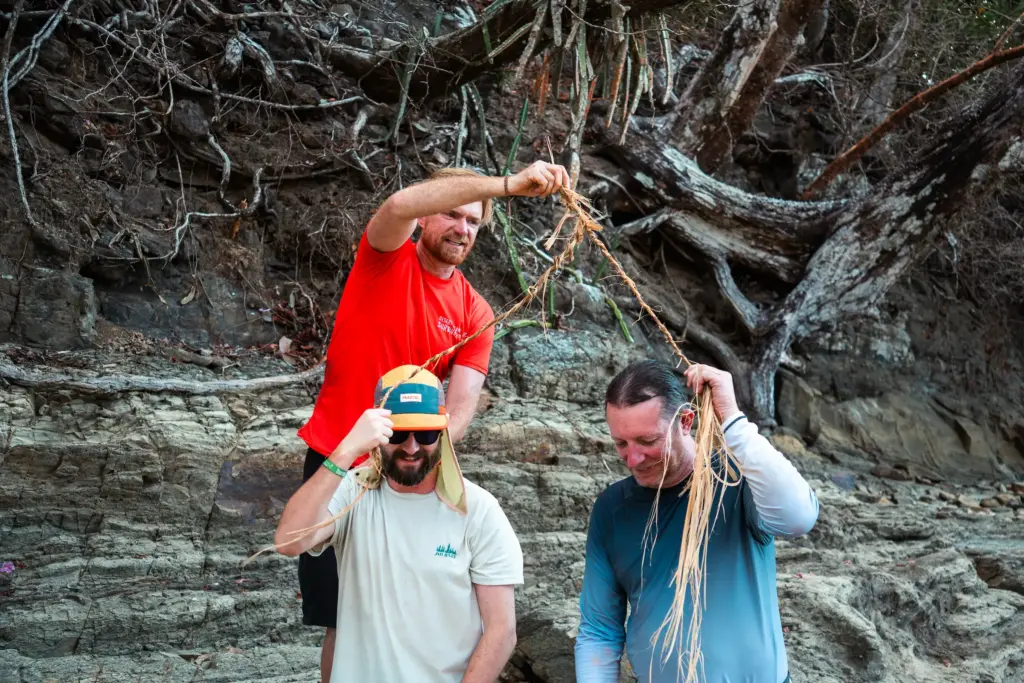
Marcus, a 41-year-old architect, told me afterward: “I thought I was analytical and methodical. Turns out I’m also intuitive and improvisational, but I’d never had reason to access those parts of myself.”
What Actually Happens to Your Nervous System
The island doesn’t just teach survival skills. It recalibrates your threat detection system.
Modern life keeps us in a state of chronic low-level stress — emails, deadlines, traffic, news cycles. Our nervous systems interpret this constant stimulation as ongoing danger, keeping stress hormones elevated even when we’re physically safe.
But acute stress in natural environments triggers different biological responses. When you’re focused on finding fresh water or building a wind-resistant shelter, your brain releases norepinephrine and dopamine in patterns that actually improve cognitive function and emotional regulation.
It’s the difference between being stressed about things you can’t control versus being challenged by problems you can actively solve.
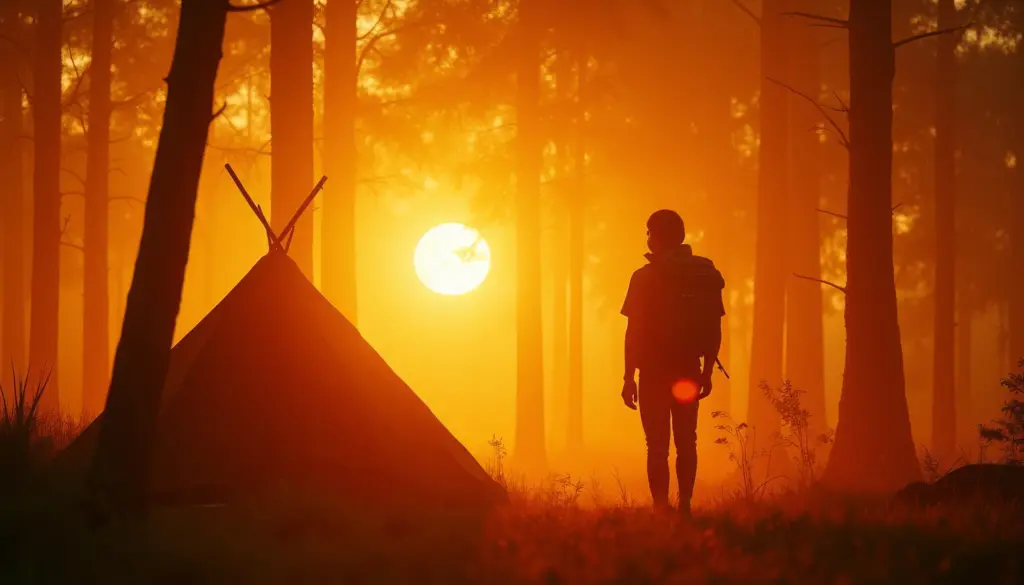
Dr. Eva Detko’s research on nervous system regulation shows that controlled exposure to natural stressors — like cold water, physical exertion, or resource scarcity — literally rewires neural pathways related to resilience and adaptation.
Three months after their expeditions, participants report:
- Better sleep quality (less mental chatter at bedtime)
- Improved focus at work (less distraction by minor irritations)
- Reduced anxiety about things outside their control
- Increased confidence in their ability to handle unexpected challenges
This isn’t temporary adventure high. It’s measurable neurological change.
The Moment Everything Shifts
For Jake, a 29-year-old graphic designer from Portland, the shift came on day four when he successfully speared his first fish. “I’d been vegetarian for six years,” he told me. “But this felt different. I’d earned this meal with my own hands.”
For Emma, a project manager from London, it happened when she figured out how to weave palm fronds into a waterproof roof. “I realized I’d been paying people to solve problems I could actually handle myself.”
For David, the moment came during a night storm when their fire went out and he stayed calm. “I surprised myself,” he said. “I didn’t know I could be the steady one.”
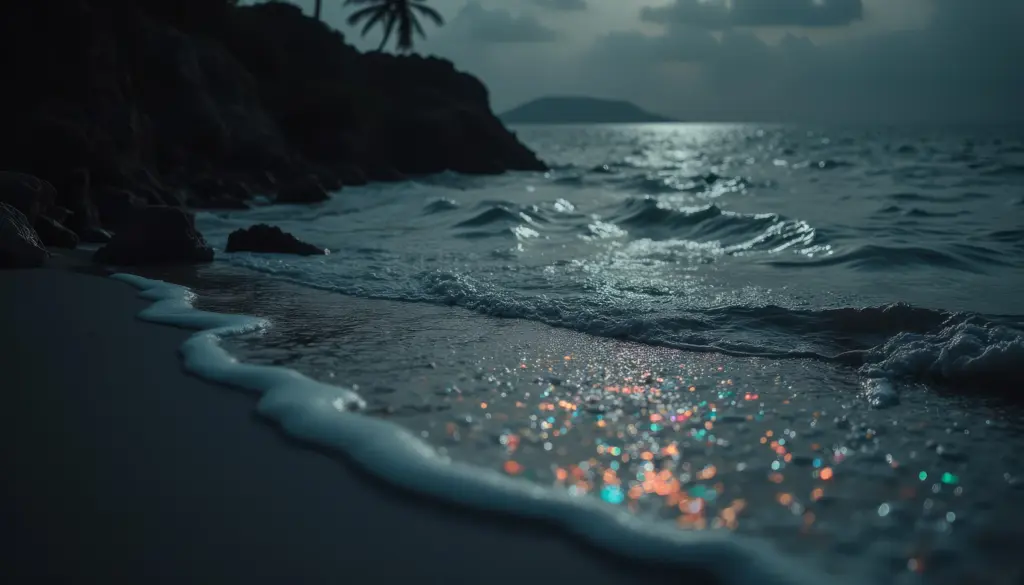
The transformation isn’t about becoming someone new. It’s about meeting parts of yourself that modern life has put to sleep.
These aren’t dramatic personality overhauls. They’re quiet recognitions of capabilities that were always there, waiting for the right conditions to emerge.
Why Our November Maldives Trip Is Perfect for First-Timers
If you’re reading this and feeling that familiar mix of excitement and terror, our November expedition in the Maldives offers the ideal entry point into this type of experience.
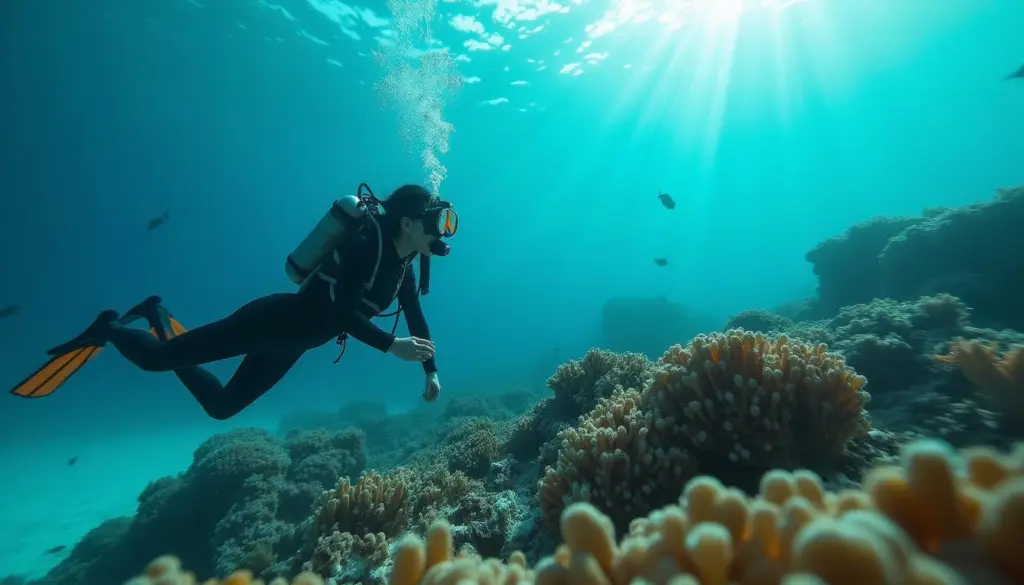
Gentler Climate: Tropical temperatures mean you won’t be fighting cold in addition to learning new skills. Your body can focus on skill acquisition.
Stunning Environment: Learning survival techniques becomes more enjoyable when you’re surrounded by crystal-clear water and palm-fringed beaches. Beauty doesn’t make challenges easier, but it makes them more memorable.
Smaller Group: We’re capping this expedition at 12 participants, allowing for more individual attention and stronger group bonds.
Perfect Timing: November weather in the Maldives is ideal — dry season beginning, gentle winds, warm but not blazing temperatures.
Most importantly, this trip attracts people who are curious about their own capabilities but aren’t necessarily outdoor experts. You’ll be surrounded by others who are also stepping outside their comfort zones for the first time or again.
The Price Tag That Makes You Wince
Let’s address the elephant in the room. You’ve seen the cost. Your brain immediately calculated how many mortgage payments that represents, or whether it’s more than your car is worth.
“It’s so expensive” — the phrase that kills more transformative experiences than fear ever could.
Here’s what I tell people: you’re not paying for a vacation. You’re paying for a controlled demolition of limiting beliefs about yourself.
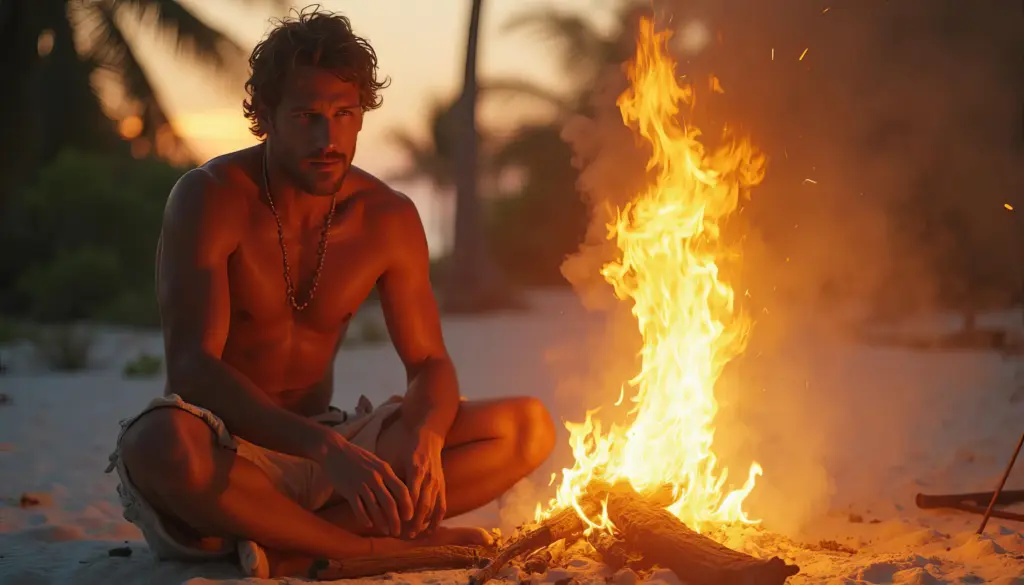
The real cost isn’t the expedition fee. It’s continuing to live as a smaller version of yourself because transformation feels too expensive.
Most people spend more on their car payment than they invest in discovering what they’re actually capable of. We finance deprecating assets but balk at investing in experiences that compound over decades.
Your nervous system doesn’t care about your bank balance. But it does respond to environments that challenge your assumptions about what’s possible. That recalibration isn’t just personally valuable — it’s practically profitable. People who trust their ability to handle uncertainty make better decisions, take calculated risks, and create opportunities that comfort-seekers miss.
The Question That Cuts Through Everything
Stop asking whether you’re ready. Start asking whether you’re curious.
Curious about what you can create with your hands when apps aren’t available? Curious about how your body responds to genuine challenges versus manufactured stress? Curious about the difference between comfort and happiness?
If the answer is yes, you’re ready.
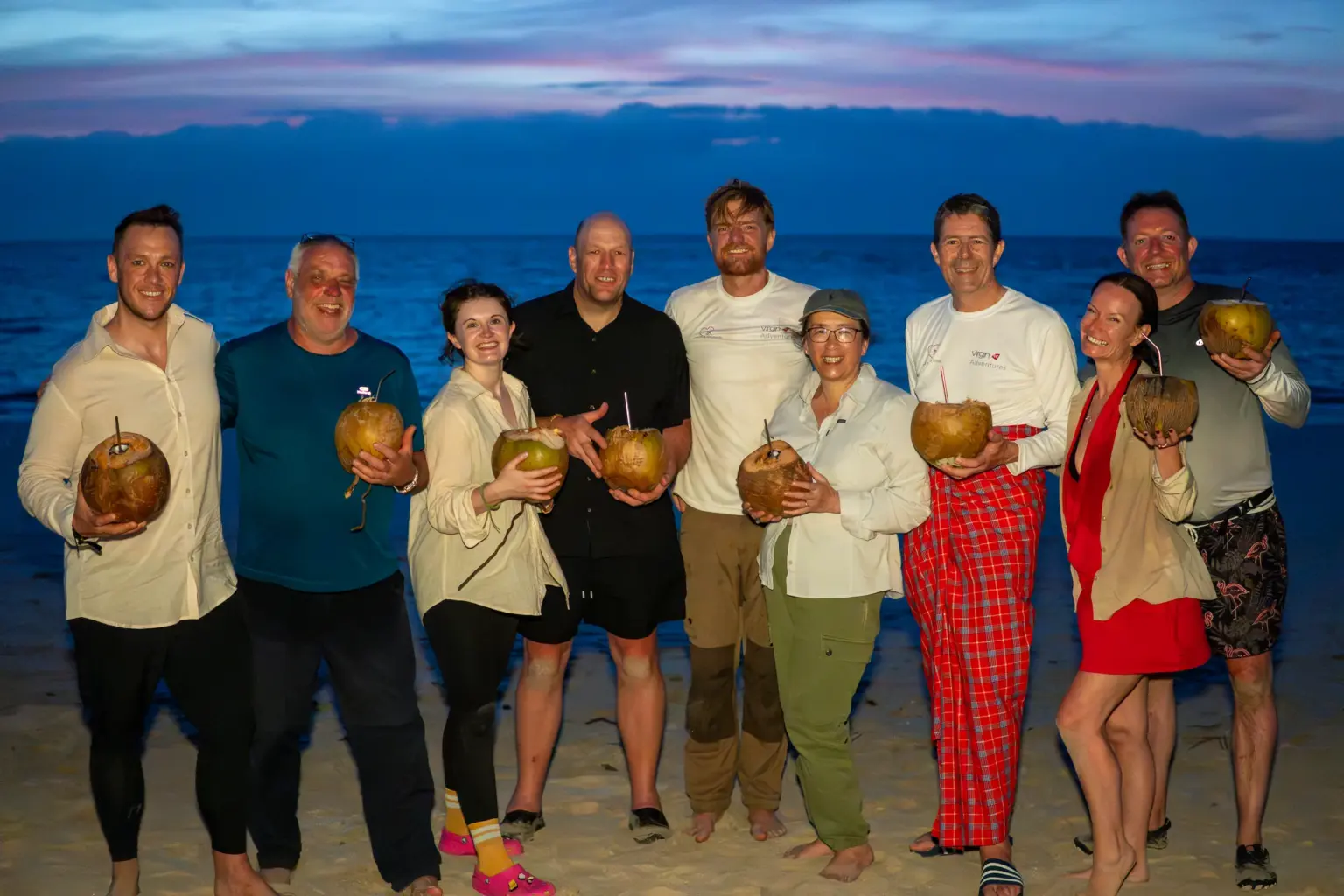
Sarah, the accountant who thought she was “crazy for considering this,” sent me a photo last week. She’d built a fire pit in her garden and was teaching her neighbor’s kids how to cook over open flames.
“I never thought of myself as capable,” she wrote. “Turns out I just needed the right classroom.”
The island isn’t about proving you’re tough. It’s about discovering you’re more resourceful than you’ve been taught to believe.
Your body remembers skills your mind thinks you never learned. Your nervous system contains strength your daily routine never requires. Your hands can create solutions your consumer habits have convinced you to purchase.
The only real question is: are you curious enough to find out?
Reserve your spot for our November Maldives expedition here.
Still have questions? Read what past participants discovered about themselves here.
Desert Island Survival expeditions are designed for complete beginners who want to discover their own capabilities in supportive, small-group environments. No previous experience required — just curiosity about what you’re actually made of.


